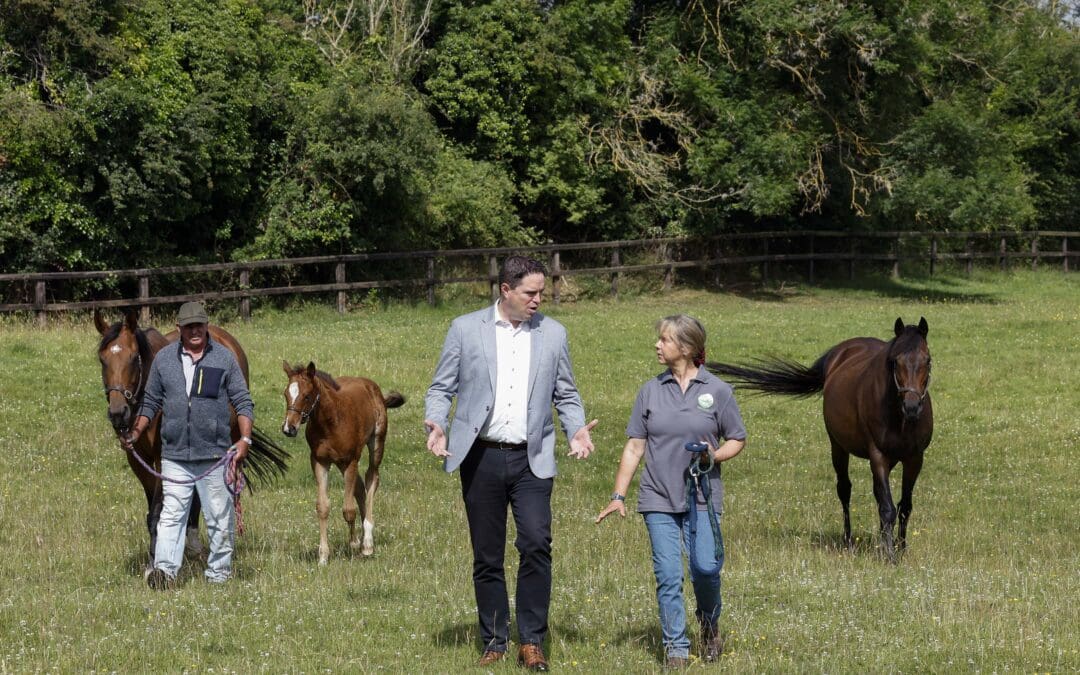Paludiculture is a new concept to many in Ireland but that is slowly beginning to change. According to Wetlands International, paludiculture is defined as the productive use of wet and rewetted peatlands that preserves peat soil and as a consequence; minimizes CO2 emissions and subsidence.
This concept keeps peatlands productive under a management regime of ensuring permanently wet conditions, or in peat-conserving and potentially peat-forming conditions. For this reason, it is considered a blueprint for peatland carbon farming while still producing food, feed and energy. Paludiculture can consist of numerous agricultural production systems that target the production of plant- or animal-based commodities – from harvesting vegetation on semi-natural sites to establishing specific permanent crops.
This type of agricultural production system uses above ground biomass, while the below ground biomass remains for the formation of peat. The establishment of high water tables near the soil surface throughout the year allows wet grasslands to develop through a succession of vegetation or permanent crops and with specific peatland species that can be cultivated. The harvested biomass can have a variety of uses such as food, feed, fibres for industrial biochemistry, for production of construction materials, high quality liquid or gaseous biofuels, for heat production through direct combustion or for further purposes such as extracting and synthesizing pharmaceuticals and cosmetics. These diverse options for biomass from paludiculture show its great potential for future circular bio-economy applications.
To learn more about this groundbreaking concept, join Green Restoration Ireland on the 5th of June 2024 at 6 pm for the second webinar of their Paludiculture series: “Raising the Table: Water Table Management for Paludiculture” presented by Dr. Patrick Tuohy, Senior Research Officer from Teagasc and GRI’s Dr. Doug McMillan. Learn about strategies being implemented for water table management, peatland restoration and how we can protect farming and vital ecosystems together.
Register now for free on eventbrite here.
To learn more about innovations in Irish food systems and land management, click here.




